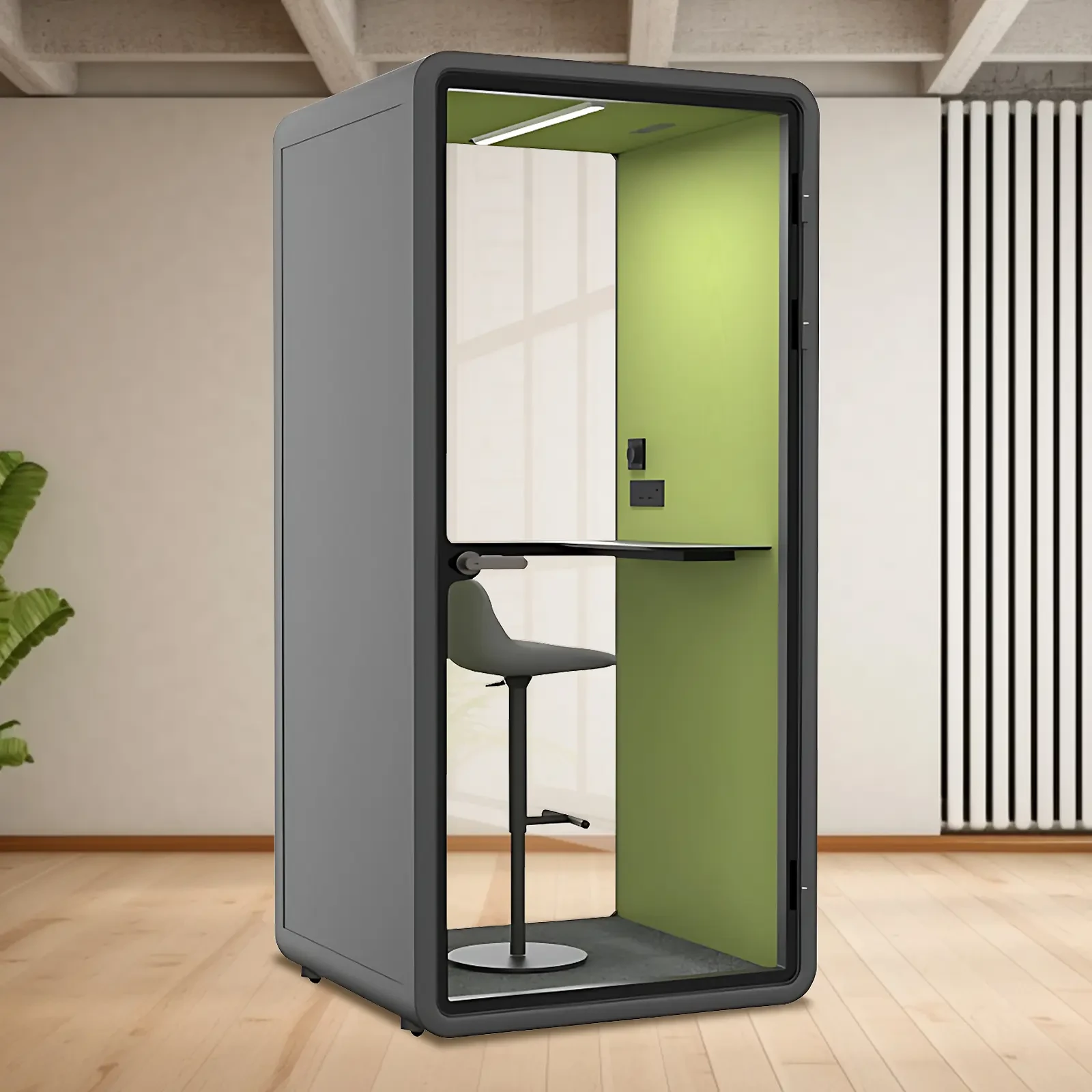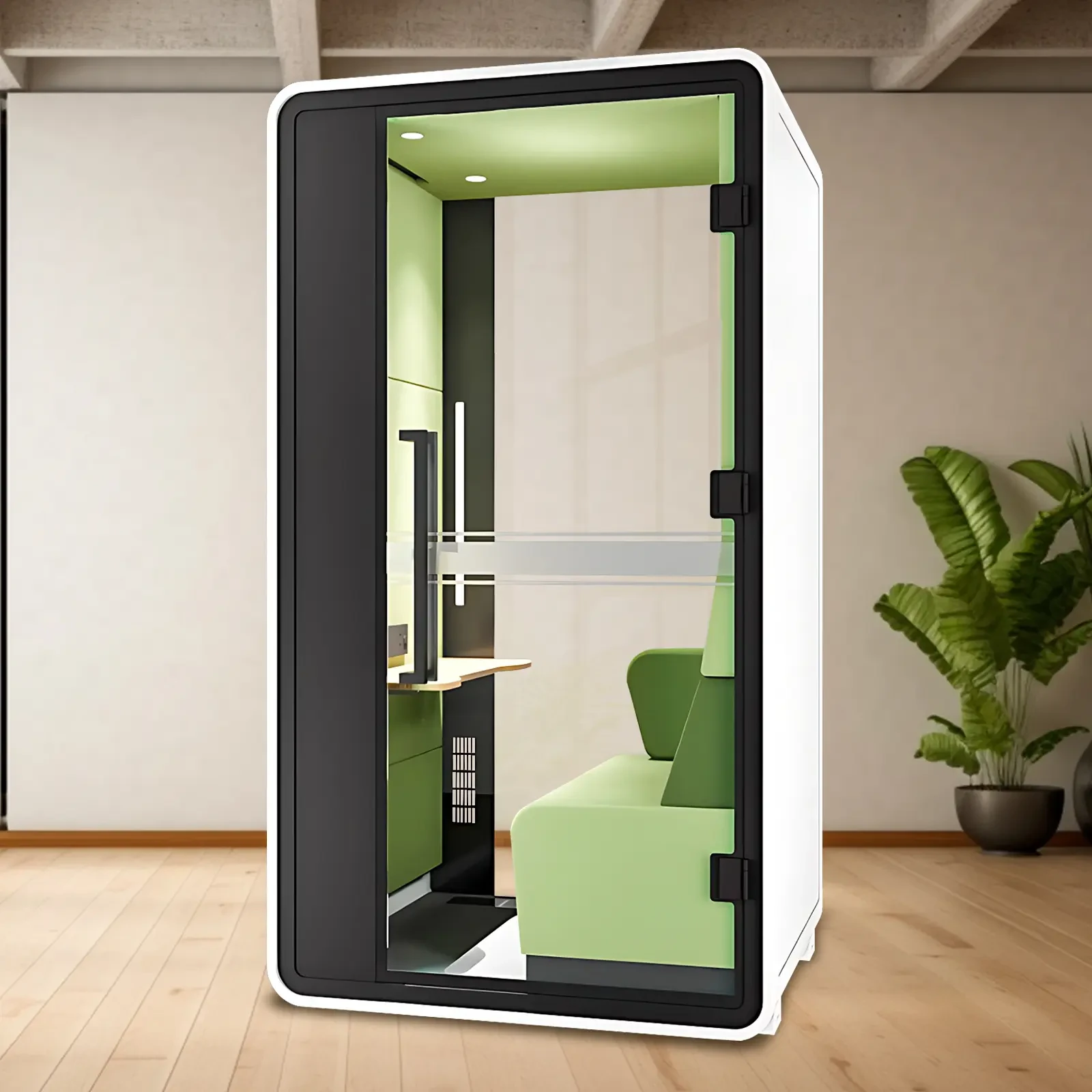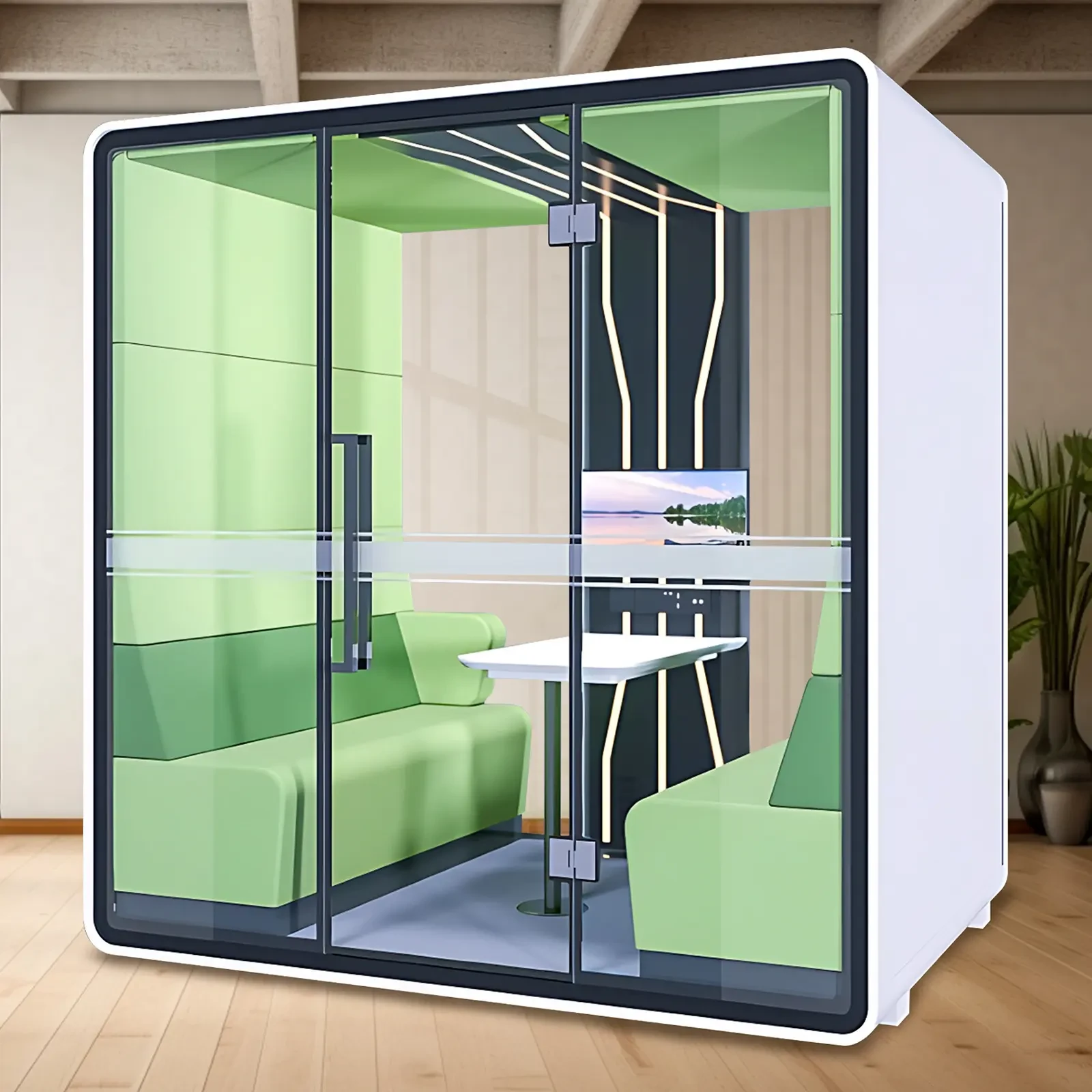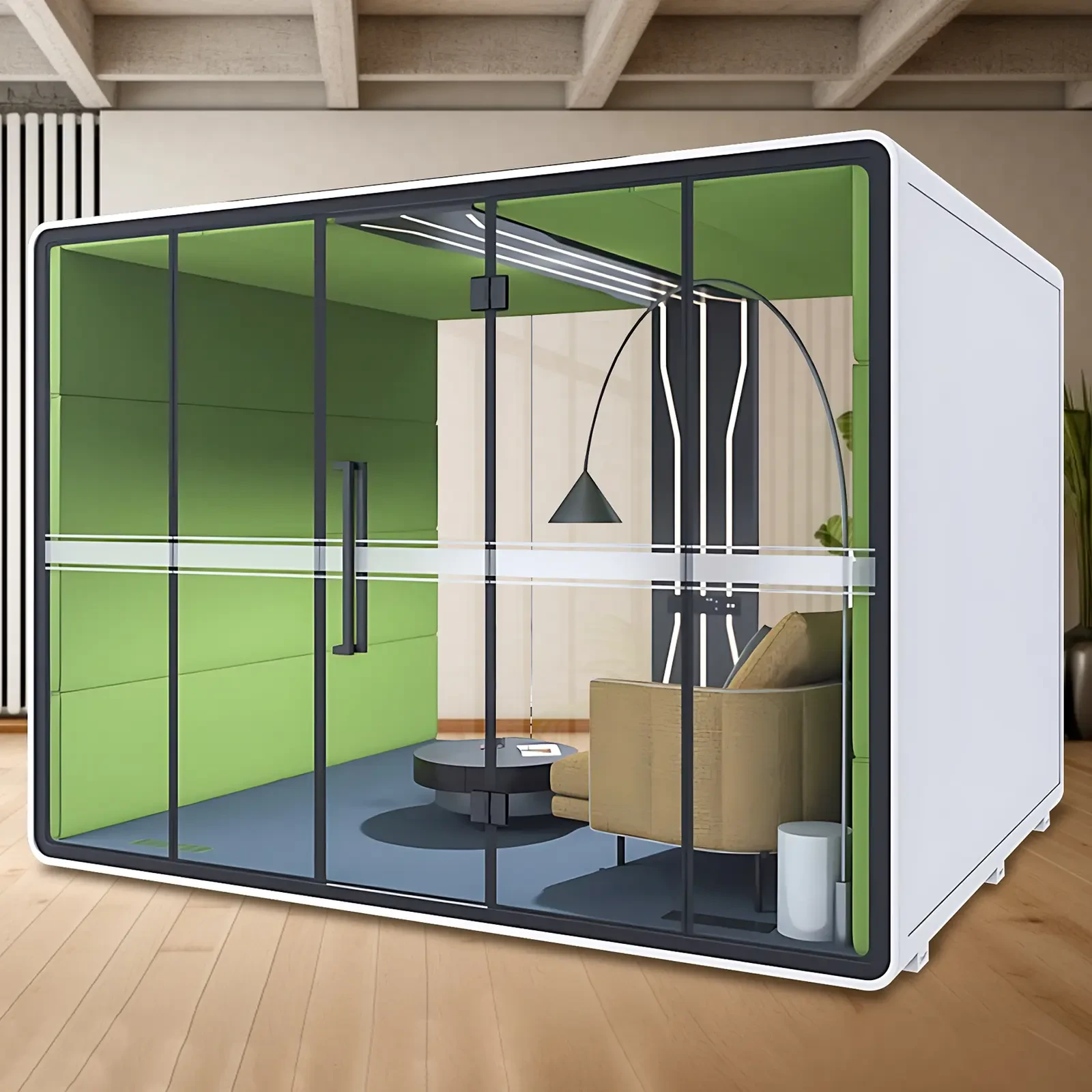In our increasingly urbanized world, unwanted sound has become an omnipresent threat to human well-being, with devastating consequences that extend far beyond simple annoyance. The constant barrage of traffic noise, construction sounds, aircraft engines, and industrial machinery creates a toxic acoustic environment that systematically undermines our physical and mental health through multiple pathways of biological disruption. Understanding explain in what way noise pollution is harmful to human requires examining the complex ways in which excessive sound levels interfere with our body's natural processes, from cellular function to cognitive performance.
Sleep Disruption and Its Cascading Health Effects
Sleep disruption represents one of the most pervasive and damaging ways that explain in what way noise pollution is harmful to human, creating a vicious cycle of physiological and psychological deterioration that affects every aspect of human functioning.
Environmental noise interferes with the natural progression through sleep stages, preventing the deep, restorative sleep phases necessary for physical recovery, memory consolidation, and immune system maintenance.
Even when noise levels don't fully awaken sleepers, they can cause frequent micro-arousals that fragment sleep architecture, leading to daytime fatigue, reduced cognitive performance, and increased susceptibility to illness.
Research has shown that chronic sleep disruption from noise pollution contributes to the development of diabetes, obesity, and depression by disrupting hormonal regulation, particularly affecting insulin sensitivity, leptin production, and serotonin balance.
The impacts of noise-induced sleep disruption extend beyond individual health consequences to affect workplace productivity, academic performance, and overall quality of life, creating significant economic and social costs for communities exposed to chronic environmental noise.
Hearing Loss and Auditory System Damage
Direct damage to the auditory system represents the most obvious way to explain in what way noise pollution is harmful to human, with excessive sound exposure causing irreversible hearing loss that progresses insidiously over time before symptoms become apparent.
Prolonged exposure to noise levels above 85 decibels can damage the delicate hair cells in the inner ear that convert sound waves into electrical signals for the brain. Once these specialized cells are destroyed, they cannot regenerate, resulting in permanent hearing loss.
The damage typically begins in the high-frequency range, initially affecting sounds like consonants in speech, making conversation increasingly difficult to follow even before individuals recognize their hearing loss.
Noise-induced hearing loss often develops gradually over years of exposure, making it difficult for people to recognize the cumulative damage until significant impairment has already occurred, by which point the condition is irreversible and can only be managed rather than cured.
Beyond simple volume-related damage, environmental noise pollution can cause tinnitus, a persistent ringing or buzzing sensation in the ears that can become a constant source of distress and further sleep disruption, creating additional layers of health complications.
Immune System Suppression and Disease Susceptibility
The chronic stress response triggered by persistent noise exposure systematically suppresses immune function, making individuals more susceptible to infectious diseases, autoimmune disorders, and slower recovery from illness or injury.
Environmental noise acts as a continuous stressor that elevates cortisol levels throughout the day and night, and these sustained high levels of stress hormones inhibit the production and effectiveness of immune cells, including T-lymphocytes, natural killer cells, and antibodies that defend against pathogens.
Research indicates that people living in high-noise environments experience lower immune responses to vaccinations, higher rates of respiratory infections, and a greater incidence of inflammatory conditions like asthma and allergies.
The immunosuppressive effects of noise pollution are particularly pronounced in vulnerable populations, including young children, elderly individuals, and those with pre-existing health conditions, who may experience more severe and prolonged illness episodes.
Studies have documented that explain in what way noise pollution is harmful to human immune function even at moderate exposure levels previously considered safe, suggesting that current noise regulations may be inadequate to protect public health from these subtle but significant immunological impacts.
Outfit your office with our high-quality, durable office pod booth that has an innovative central light and smooth aluminum panel framing. This privacy solution is functionally and aesthetically elegant, and would provide the ideal quiet space to work, talk, or hold virtual meetings.
Recommendation
For those seeking effective protection against environmental noise, X-comfort offers innovative acoustic solutions that create quiet, comfortable spaces. Our Micropod, Minipod, and Midipod series deliver engineered acoustic isolation for work, meetings, calls, meditation, and more. These portable, modular booths feature advanced sound-absorbing materials and efficient ventilation systems, reducing noise while maintaining a comfortable indoor environment. Ideal for offices, homes, schools, and healthcare facilities, X-comfort solutions enhance productivity and well-being by ensuring essential noise control.

 USD
USD
 GBP
GBP
 EUR
EUR






